New division in Bosnia?
SNSD, SDA and HDZ leaders Milorad Dodik, Sulejman Tihić and Dragan Čović have reached an agreement on the basic principles of operation in Bosnia-Herzegovina.
Tuesday, 27.01.2009.
12:40

SNSD, SDA and HDZ leaders Milorad Dodik, Sulejman Tihic and Dragan Covic have reached an agreement on the basic principles of operation in Bosnia-Herzegovina. The creators of the Prud Agreement—the leaders of the Party for Democratic Action (SDA), the Alliance of Independent Social Democrats (SNSD), and the Croatian Democratic Community (HDZ)—have signed a joint declaration on the Bosnian Constitution in Banja Luka. New division in Bosnia? This document states that Bosnia-Herzegovina is a decentralized country with four—as opposed to the current three—territorial units. They stated that the changes to the Constitution would be discussed in more detail at their next meeting in Mostar in late February. However, the character of these new units was not clarified and, just hours later, the declaration had assumed completely different connotations. SDA leader Tihic found himself deflecting allegations that he had agreed to the creation of a third entity. “In my opinion, these regions will be formed according to geographical, historical and economic principles, that will not respect entity lines,” Tihic said. Dodik’s statement that the Republic of Srpska’s territorial integrity would not be called into question triggered a heated political debate between the leaders of the two largest Bosniak parties. Party for Bosnia-Herzegovina leader Haris Silajdzic accused Tihic of dividing the country. “So, the Republic of Srpska (RS) remains uncompromised. So, the entities or regions refer to the Federation. That means that there will be an entity with a Croatian majority, the Sava basin will remain within the RS, and we will have a Sarajevo district and the Bosniaks crammed into the Tuzla, Zenica and Bihac ghettos, enclaves, or whatever you want to call them,” Silajdzic said. Dodik is coming in for criticism too. Former RS president Dragan Cavic said that Dodik had derogated the Dayton Accords as a guarantee for the RS’s existence, stating that he had “tricked the citizens of the RS.” Social Democratic Party leader Zlatko Lagumdzija has weighed into the debate as well, claiming that this statement is yet another farce, with the goal of diverting public attention from the problems facing the country’s citizens. Even though the Office of the High Representative supported the talks between the three leaders earlier, it had no comment on Monday. The OHR’s spokesmen said that it they would not comment until the Banja Luka declaration had been fully analyzed.
New division in Bosnia?
This document states that Bosnia-Herzegovina is a decentralized country with four—as opposed to the current three—territorial units.They stated that the changes to the Constitution would be discussed in more detail at their next meeting in Mostar in late February.
However, the character of these new units was not clarified and, just hours later, the declaration had assumed completely different connotations.
SDA leader Tihić found himself deflecting allegations that he had agreed to the creation of a third entity.
“In my opinion, these regions will be formed according to geographical, historical and economic principles, that will not respect entity lines,” Tihić said.
Dodik’s statement that the Republic of Srpska’s territorial integrity would not be called into question triggered a heated political debate between the leaders of the two largest Bosniak parties.
Party for Bosnia-Herzegovina leader Haris Silajdžić accused Tihić of dividing the country.
“So, the Republic of Srpska (RS) remains uncompromised. So, the entities or regions refer to the Federation. That means that there will be an entity with a Croatian majority, the Sava basin will remain within the RS, and we will have a Sarajevo district and the Bosniaks crammed into the Tuzla, Zenica and Bihać ghettos, enclaves, or whatever you want to call them,” Silajdžić said.
Dodik is coming in for criticism too. Former RS president Dragan Čavić said that Dodik had derogated the Dayton Accords as a guarantee for the RS’s existence, stating that he had “tricked the citizens of the RS.”
Social Democratic Party leader Zlatko Lagumdžija has weighed into the debate as well, claiming that this statement is yet another farce, with the goal of diverting public attention from the problems facing the country’s citizens.
Even though the Office of the High Representative supported the talks between the three leaders earlier, it had no comment on Monday. The OHR’s spokesmen said that it they would not comment until the Banja Luka declaration had been fully analyzed.












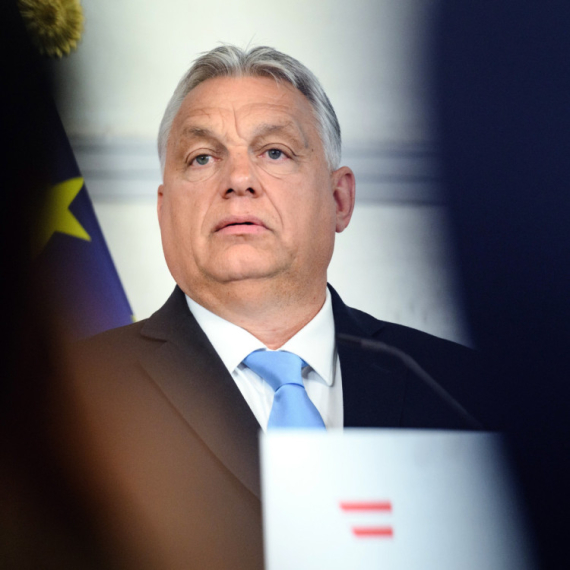


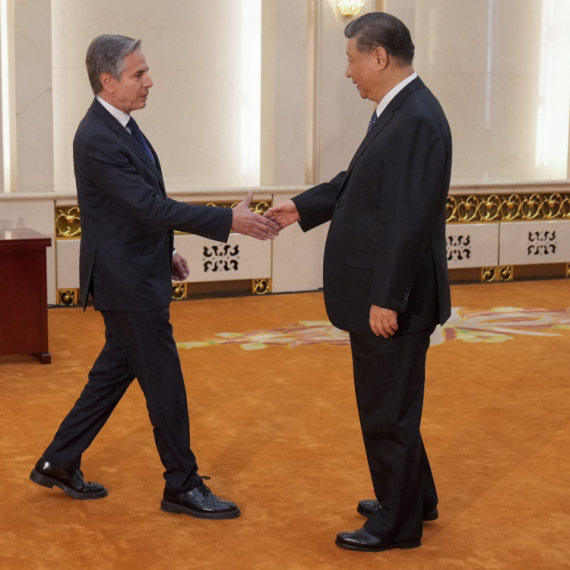

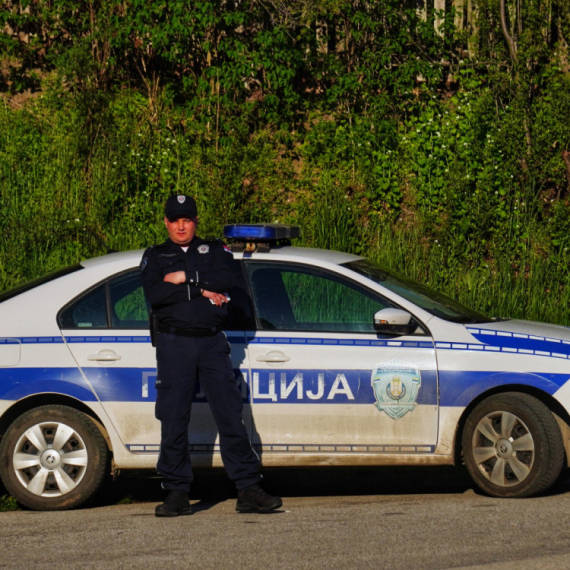
































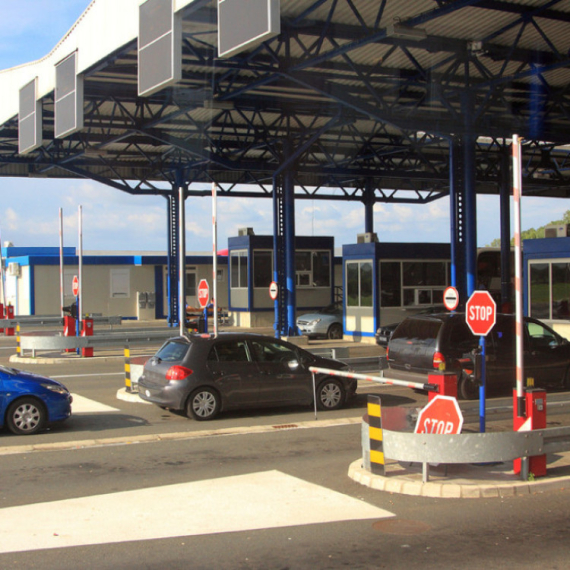






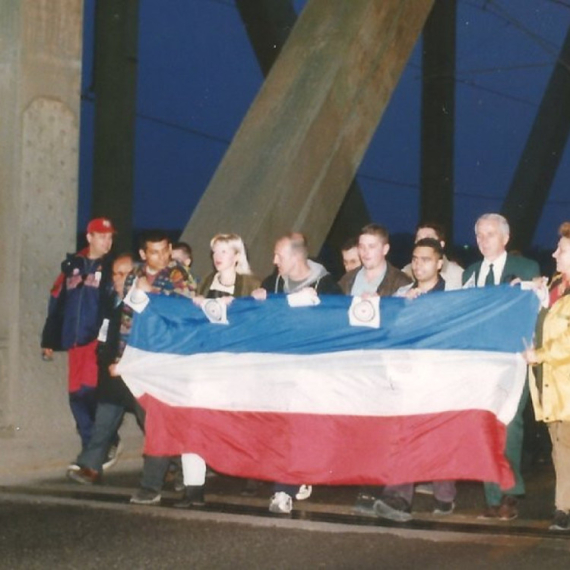

Komentari 4
Pogledaj komentare